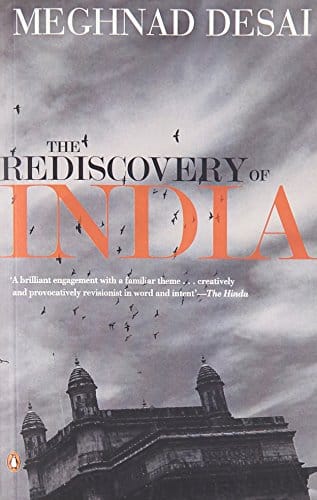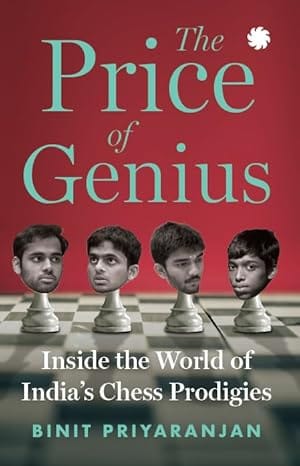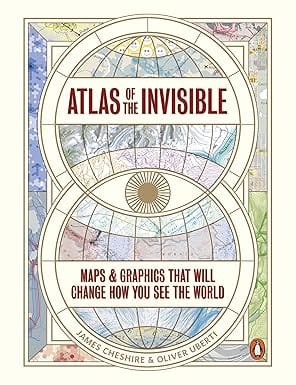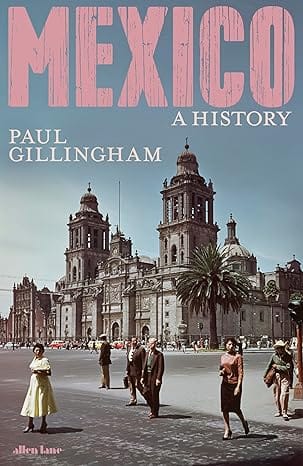WELCOME TO MIDLAND BOOK SHOP!
SHOP FOR
- Non-ficton
- Non-ficton
- Contemporary Fiction
- Contemporary Fiction
- Children
- Children
- Comics & Graphic Novels
- Comics & Graphic Novels
- Non-Fiction
- Non-Fiction
- Fiction
- Fiction
Shop No.20, Aurobindo Palace Market, Hauz Khas, Near Church +91 9818282497 | 011 26867121 110016 New Delhi IN
Midland The Book Shop ™
Shop No.20, Aurobindo Palace Market, Hauz Khas, Near Church +91 9818282497 | 011 26867121 New Delhi, IN
+919871604786 https://www.midlandbookshop.com/s/607fe93d7eafcac1f2c73ea4/69453da445ba84d539b38f9a/black-yellow-simple-bold-youtube-channel-logo-400-x-100-px-1--480x480.png" [email protected]9780143417354 60ad0c6cc123c82e0af46cbc The Rediscovery of India https://www.midlandbookshop.com/s/607fe93d7eafcac1f2c73ea4/60ad0c6ec123c82e0af46cd1/9780143417354-us.jpg What makes India a nation? What has held its many disparate societies with their diverse, sometimes conflicting, narratives together for more than sixty years? What has allowed India to sustain its commitment to the democratic process, given its location in a region that is largely undemocratic? In this magisterial analysis of the last five hundred years of Indian history, Meghnad Desai looks at India's colonial past, its struggle for independence and its many contemporary conundrums, to discover answers to the questions that have confronted India-watchers for decades. Rejecting much received wisdom, including narratives fashioned by India's ruling establishment, Meghnad Desai goes back to the beginnings of the East–West encounter at the end of the fifteenth century and tracks its impact on the cultures and politics of the present day. Through a series of ‘Counterfactual Boxes' Meghnad Desai analyses the accepted defining moments of India's past and suggests alternative courses that history could so easily have taken. Meghnad Desai draws on a wealth of sources to illuminate India's journey to the twenty-first century. Whether it is an examination of British parliamentary debates on the question of India's independence, or the liberalization of the economy after decades of licence-permit raj, or the state's complicity in the Gujarat riots, Meghnad Desai's original, occasionally iconoclastic, approach to seemingly settled arguments makes The Rediscovery of India a path-breaking and comprehensive account of India's past and present. 9780143417354
in stockINR 479
1 1
Email ID already exists!
Your Current password is incorrect
Password Updated Successfully
Thanks for your Feedback
- Home
- Non-Fiction
- The Rediscovery of India
The Rediscovery of India
ISBN: 9780143417354
₹479
₹599 (20% OFF)SIZE GUIDE
Sold By: Hauz Khas - Aurobindo Market
Details
- ISBN: 9780143417354
- Author: Meghnad Desai
- Publisher: Penguin
- Pages: 512
- Format: Paperback
Book Description
What makes India a nation? What has held its many disparate societies with their diverse, sometimes conflicting, narratives together for more than sixty years? What has allowed India to sustain its commitment to the democratic process, given its location in a region that is largely undemocratic? In this magisterial analysis of the last five hundred years of Indian history, Meghnad Desai looks at India's colonial past, its struggle for independence and its many contemporary conundrums, to discover answers to the questions that have confronted India-watchers for decades. Rejecting much received wisdom, including narratives fashioned by India's ruling establishment, Meghnad Desai goes back to the beginnings of the East–West encounter at the end of the fifteenth century and tracks its impact on the cultures and politics of the present day. Through a series of ‘Counterfactual Boxes' Meghnad Desai analyses the accepted defining moments of India's past and suggests alternative courses that history could so easily have taken. Meghnad Desai draws on a wealth of sources to illuminate India's journey to the twenty-first century. Whether it is an examination of British parliamentary debates on the question of India's independence, or the liberalization of the economy after decades of licence-permit raj, or the state's complicity in the Gujarat riots, Meghnad Desai's original, occasionally iconoclastic, approach to seemingly settled arguments makes The Rediscovery of India a path-breaking and comprehensive account of India's past and present.
User reviews
NEWSLETTER
Subscribe to get Email Updates!
Thanks for subscribing.
Your response has been recorded.

India's Iconic & Independent Book Store offering a vast selection of books across a variety of genres Since 1978.
"We Believe In The Power of Books" Our mission is to make books accessible to everyone, and to cultivate a culture of reading and learning. We strive to provide a wide range of books, from classic literature, sci-fi and fantasy, to graphic novels, biographies and self-help books, so that everyone can find something to read.
Whether you’re looking for your next great read, a gift for someone special, or just browsing, Midland is here to make your book-buying experience easy and enjoyable.
We are shipping pan India and across the world.
For Bulk Order / Corporate Gifting
 +91 9818282497 |
+91 9818282497 |  [email protected]
[email protected]
Click To Know More
INFORMATION
QUICK LINKS
ADDRESS
Midland Book Shop - Hauz Khas
Shop No.20, Aurobindo Palace Market, Near Church, New Delhi
Shop No.20, Aurobindo Palace Market, Near Church, New Delhi














